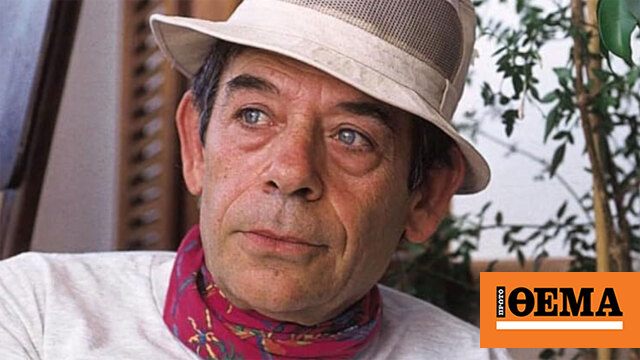
One morning in 1964, a skinny little boy entered the door of the Art Theater. He was dragged there, almost by force, by a friend in order to take part in auditions to enter a drama school. When they asked him what he had prepared, he recited two poems by an unknown citizen, a poet from Lefkada. The end of the recitation is followed by a deep and endless silence. All they tell him is to go upstairs to the cashier. There they return the fees he paid to participate in the test, announce to him that he has succeeded with a scholarship, and tell him that the next day he will begin training with Carolus Kuhn.

And so, suddenly and unexpectedly, his theatrical journey began Elias LogothetisWho passed away today at the age of 85, after writing a long and complete artistic circle, with many important milestones, but he always maintained low tones and a safe distance from the eyes of the audience. A familiar and beloved figure, for almost 50 years, through his constant presence, more in theater and television and less in cinema, Elias Logogetis has been a special case of an actor who has the ability to balance, with unprecedented naturalness and ease, the work. Light comedies, musicals and revues, period dramas, the subversive works of Harold Pinter, the autobiographical stories of Georgios Vizenos, and the deeply poetic films of Theodoros Angelopoulos.
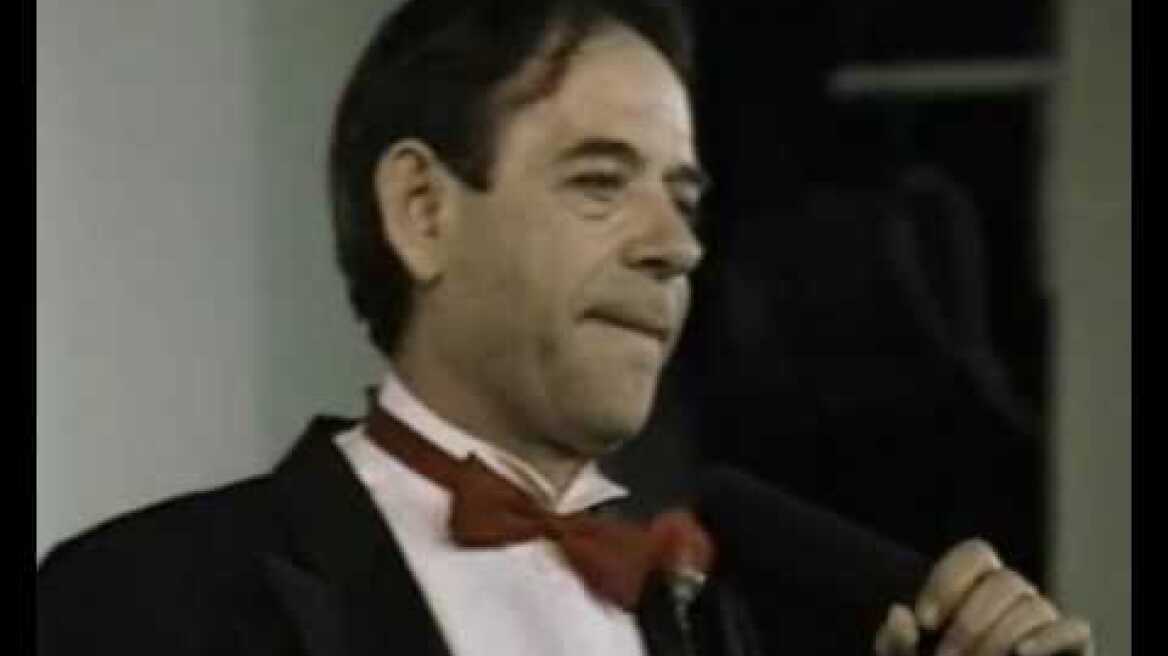
Moreover, poetry, as he himself repeatedly admitted, was a shining beacon and guide throughout his life. “I make poetry about everyday life,” he said meaningfully, trying to explain his own worldview, the basic principles of which were constant movement and creativity, focusing on beauty and quality and avoiding thoughts about the future and crowded places. And it was this view of the world that made him seem paradoxical, familiar but far-fetched at the same time, comical but also with a constant and deep sadness in his outlook, sometimes bordering on tragedy. Since he was young, after all, he had not drawn specific routes. His only constants were the place where he was born and raised, Lefkada, and his deep love for music instilled in him by his beloved mother who was an excellent soprano singer. There were two clear inclinations when he was growing up: mathematics and opera. Things led him to the Panti benches and to the conservatory on Videu Street. There was also a third tendency in him, love, which served as a compass in his life all the time, giving him constant and inexhaustible energy.
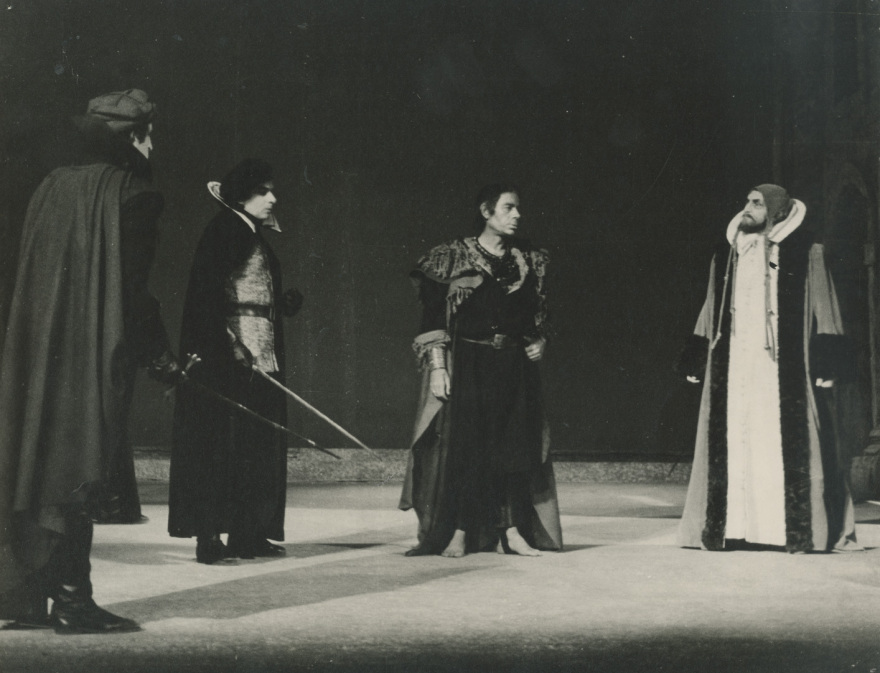
But in the end she won it stage. His experience as a member of his chosen group being She couldn't help but be captivated by him. He immersed himself in this magical, beautiful, but also cruel world, gained valuable experiences, and met important people, such as Yiannis Christou, Hasidakis, Tsarohis, and Moralis. “Carolus Kuhn is a part of my heart. He was my teacher. I owe him a lot,” he said, admitting that for all his students he was a sacred person, like religion for that reason and they never dared to disagree with him.
In the theater, he gradually formed his multi-faceted acting personality, alongside important directors such as Spyros Evangeliatos, Minos Volanakis, Todoros Terzopoulos and others, through performances of ancient dramas, such as “Nephilis”, “The Birds”, and “Plutus”. And “Lysistrata” and “Oedipus the Tyrant”, works by classical and contemporary authors and poets. One of his favorites is the great Georgios Vizenos, who presented his work “My Mother’s Sin” for twelve full years. The most influential moment of his career was when he was named The Great British Playwright in 2000 Harold Pinter I saw him perform the role of Spooner in his play “The Dead Zone.”
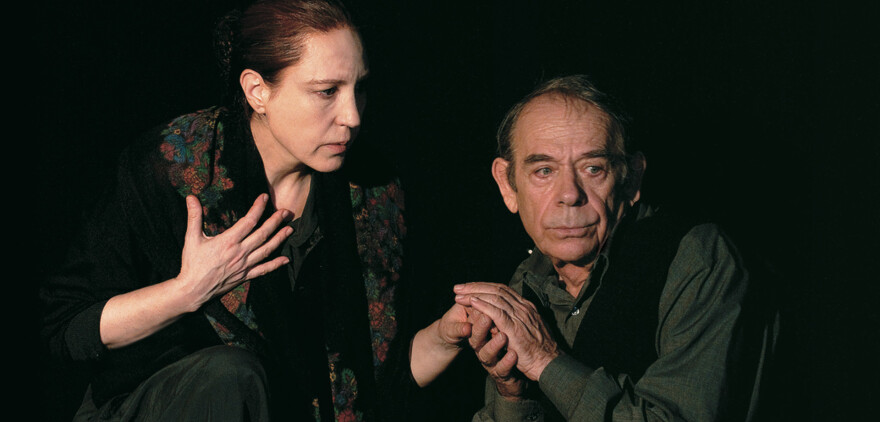
He also had a strong impact on local television events, as he participated in many popular and popular series, including “Short of dawn“, “The Midday Trial”, “Yellow File”, “Dyeed Red Hair”, “Karyotakis” and the last “Alter-Ego Enemy”.
In cinema, his presence was less frequent but typical. He participated in two films by Theodoros Angelopoulos – with whom he had a close friendship – “Landscape in the Mist” and “Meteor Vima tou Pelargos”, in “Free Diving” by Giorgos Panosopoulos, in “Poison Women” by Nikos Zervos.
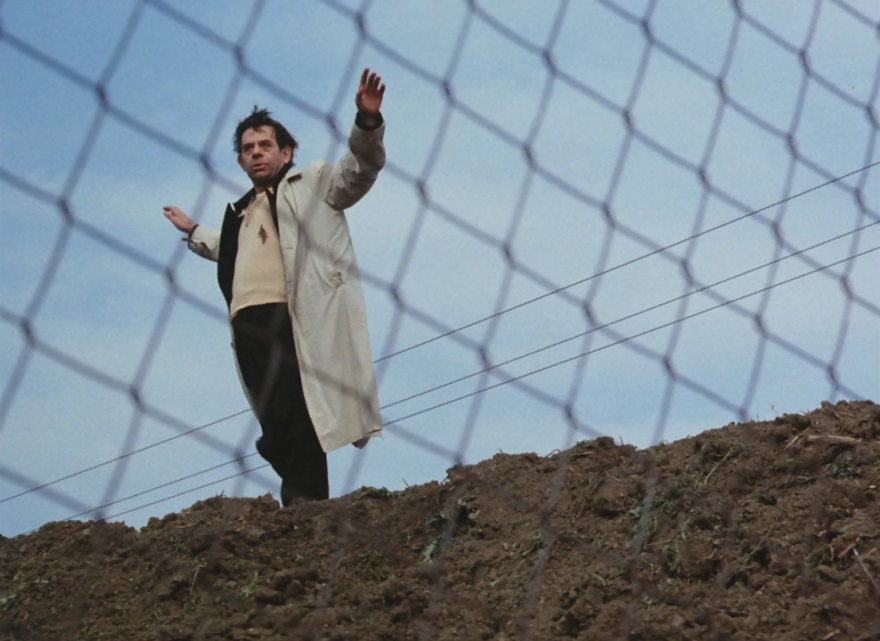
However, he never ignored the more popular theatrical genres, such as the revue and the musical, while he never abandoned his choice of work in the age of the videotape: “Necessity precedes art according to Aeschylus. Suppose videotapes were a life-saver: we lived without starving.” Hungry! He declared himself characteristically.
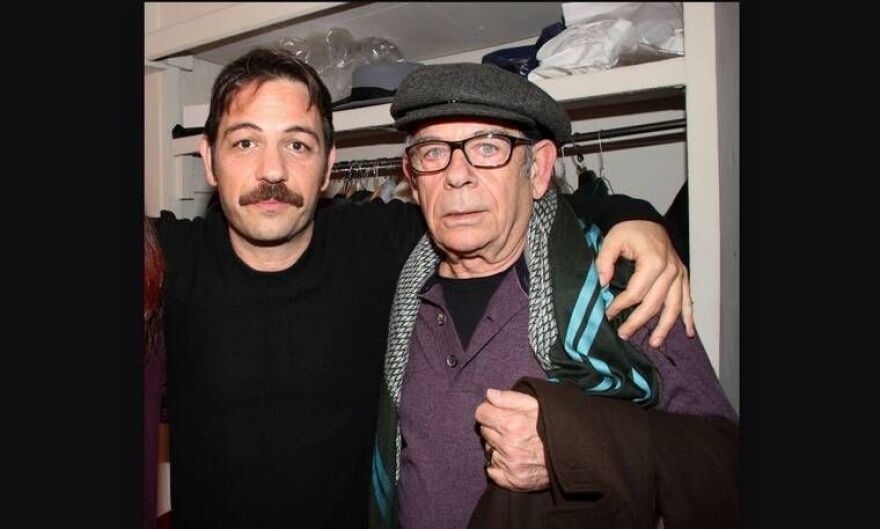
In his personal life, Elias Logothetis found happiness with his second wife, also actress Maria Zaharis, while he was rightly proud of his son Alexandros Logothetis, who developed into one of the best actors of his generation.
We will miss his passion, his simple yet sharp words and explanations and his intense blue eyes…
today's news:
Tempe tragedy: new video documents with cries of those trapped – “Help, we are below!”
Saint Barbara: His father-in-law killed his brother-in-law, then branded his son with Saint Barbara – “I will kill you too.”
Colombia: Using an underwater robot, they will recover untold treasure from the wreck of the legendary ship San Jose
Anastasia Coca

. “Certified social media geek. Passionate webaholic. Unapologetic music specialist. Food ninja.”





More Stories
Monica Bellucci and Tim Burton are more in love than ever at the Venice Film Festival – melting for each other
It hurt me as much as it hurt us all.
Marios Athanasiou Shocked: ‘Tighter Penalties for Rape and…’ | Celebrity News